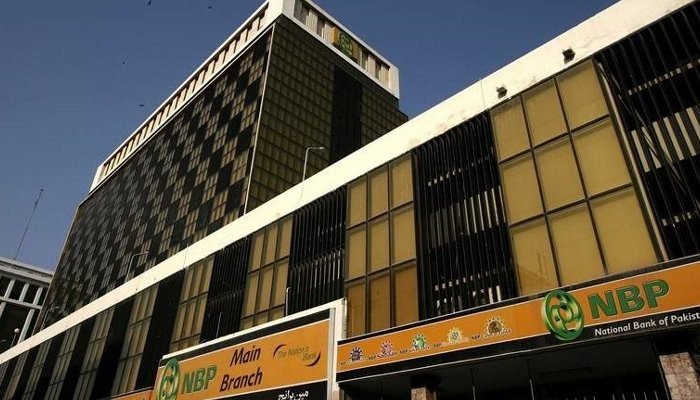The federal government has announced the postponement of the privatization of the National Bank of Pakistan (NBP) due to legal complications.
This decision contradicts an earlier commitment made to the International Monetary Fund (IMF) to revoke the special status of seven state-owned companies, including NBP, as reported by the Express Tribune.
Last month, Pakistan assured the IMF that it would withdraw the special status of these firms. However, the government has now cited this special status as the reason for keeping NBP under public ownership. This decision was made during a meeting of the Cabinet Committee on State-Owned Enterprises (CCoSOEs), chaired by Finance Minister Muhammad Aurangzeb.
In the same meeting, the committee decided to retain the EXIM Bank within the public sector, designating it as an essential State-Owned Enterprise (SOE).
Under the Pakistan Sovereign Wealth Fund Act, companies controlled by the fund are exempt from the SOE Act of 2023, which aims to enhance the governance and financial controls of public-sector companies. Previously, the government had agreed to amend this act to bring the NBP and other firms under the SOE Act by the end of December.
Despite some members advocating for the privatization of NBP, legal challenges have delayed the process. The government is currently in the process of categorizing the remaining 61 entities and plans to privatize non-essential and non-strategic companies.
The decision to postpone NBP’s privatization reflects the complexities and challenges involved in reforming and privatizing state-owned enterprises in Pakistan. The government continues to navigate these legal and administrative hurdles while working to meet its commitments to international stakeholders.





